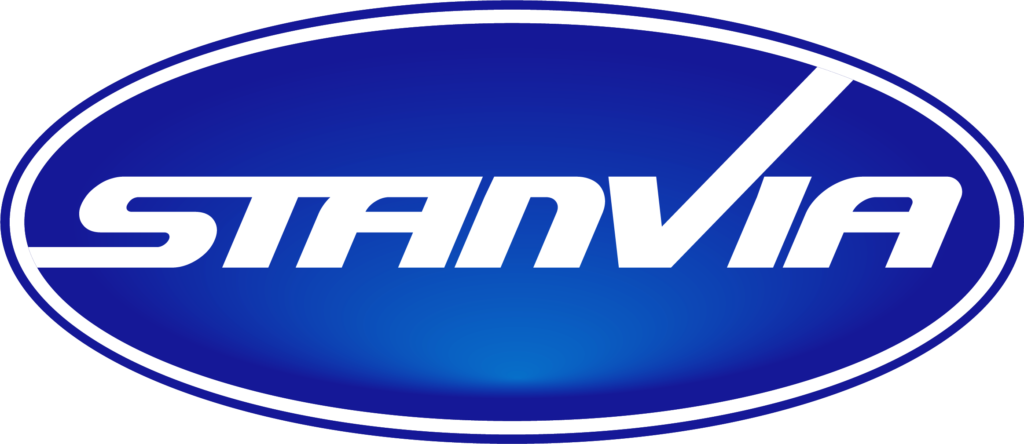Over-the-Counter (OTC) Drugs in India: What You Need to Know
Over-the-counter (OTC) drugs are medications that can be bought without a doctor’s prescription. They offer quick and convenient relief for common health problems like headaches, colds, and allergies. Here’s what you need to know about OTC drugs in India:
1. Availability and Regulation
In India, OTC drugs are regulated by the Central Drugs Standard Control Organization (CDSCO). While they are widely available in pharmacies, supermarkets, and even online, it’s essential to use them responsibly. India does not have a formalized list of OTC drugs like some countries, so certain medications might still require pharmacist guidance.
2. Common Types of OTC Drugs
- Pain Relievers: Ibuprofen, paracetamol, aspirin
- Cold & Flu Medications: Cough syrups, antihistamines, nasal decongestants.
- Digestive Aids: Antacids, laxatives, anti-diarrheal medicines.
- Skin Treatments: Ointments for rashes, burns, and acne.
- Allergy Relief: Antihistamines for common allergies.
3. Safe Usage Tips
- Follow Dosage Instructions: Always read the label and follow the recommended dosage to avoid side effects
- Consult a Pharmacist: Seek guidance, especially for children, the elderly, or pregnant women.
- Be Aware of Side Effects: Even OTC drugs can cause side effects, such as drowsiness, nausea, or allergic reactions.
4. Risks of Self-Medication
Self-medicating with OTC drugs may lead to improper treatment, masking of serious health conditions, or drug dependency in some cases. It’s always best to consult a healthcare professional for prolonged symptoms or recurrent conditions.
OTC drugs in India provide accessible treatment for everyday health concerns, but they should be used responsibly to ensure safety and effectiveness. Always consult with a pharmacist or doctor if you are unsure about a medication.



